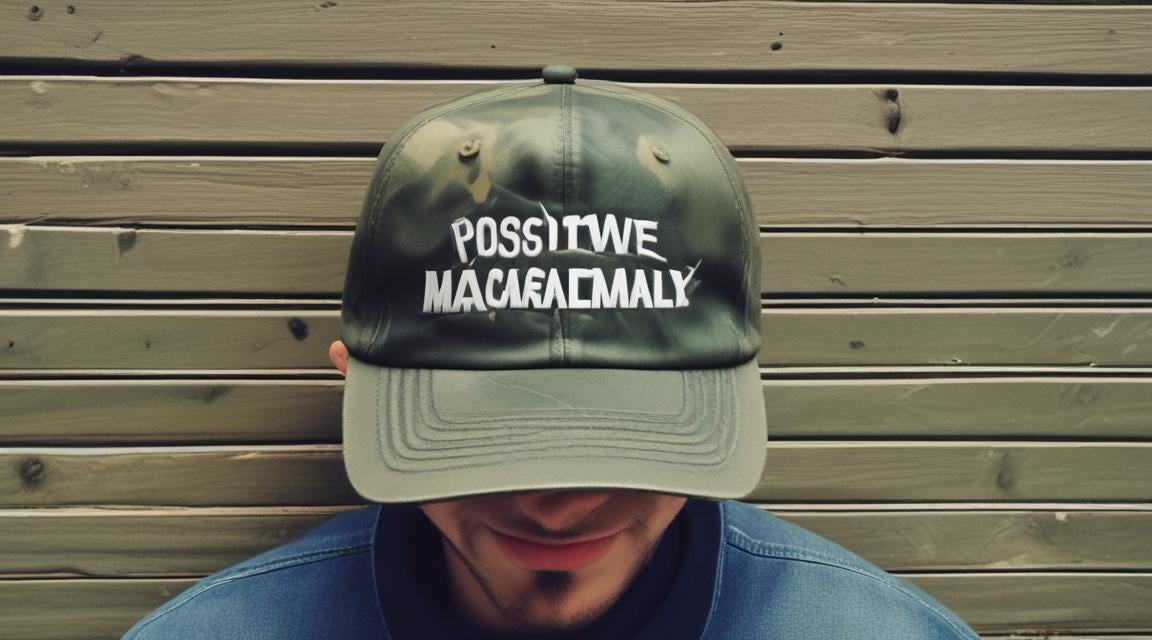So, *about* positive masculinity
Just a cautionary, big-picture note re: Tim Walz and Doug Emhoff. What about 'tonic' humanity?
Looks like we’ll be talking about masculinity a whole lot for the next several months—and, right away, I just want to say a thing or two about “positive masculinity.”
Of course, last week I wrote about how the Good Husband meme-ing of Doug Emhoff expressed a kind of …




